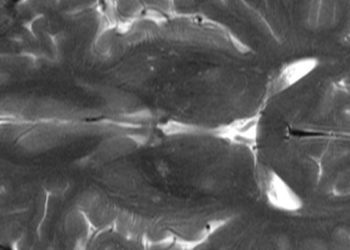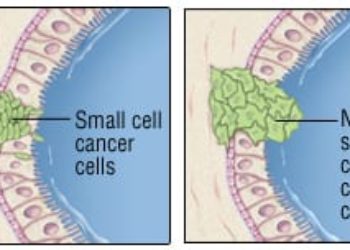Disulfiram is not effective as an adjunctive therapy to standard chemotherapy for glioblastoma
1. Adding disulfiram and copper to standard alkylating chemotherapy for glioblastoma (GB) was not associated with improved survival or quality of life, and was associated with increased adverse events.
Evidence Rating Level: 1 (Excellent)
New systemic treatments for glioblastoma (GB) have not been well-established since the arrival of temozolomide. However, disulfiram with or without copper has shown some benefit in preclinical studies for GB in vitro and in vivo. Therefore, this randomized controlled trial compared the effects of disulfiram and copper with standard alkylating chemotherapy to alkylating chemotherapy alone. This RCT spanned 7 centres in Norway and Sweden, including patients with first recurrence of histologically verified GB. Patients were randomized 1:1 to the control group, receiving the standard of care (SOC) alkylating chemotherapy treatment, or to the intervention group, receiving SOC plus disulfiram and copper. In total, there were 88 patients, with 45 randomized to SOC and 43 in SOC plus disulfiram and copper. The results demonstrated no difference in the primary outcome of 6-month survival post-randomization, with 62% survival in the control and 44% in the intervention (p = 0.10). There were also no significant differences at 9, 12, and 24 months respectively. Additionally, there was no difference in median progression-free survival (PFS), which was 2.6 (95% CI 2.4-4.6) months in the control and 2.3 (95% CI 1.7-2.6) months in the intervention. There was also no difference in the quality of life metric (EuroQol-5D-3L score) at 3 and 6 months, and no difference in mean daily growth from volumetric analysis from MRI. However, there were significantly greater adverse events in the intervention compared to control (41% vs 16%, p = 0.02) including events with CTCAE grade 3 or greater (34% vs 11%, p = 0.02). Overall, this study demonstrated no benefit to adding disulfiram and copper to standard alkylating chemotherapy treatment for GB, but demonstrated significantly more adverse events.
Click to read the study in JAMA Network Open
Image: PD
©2023 2 Minute Medicine, Inc. All rights reserved. No works may be reproduced without expressed written consent from 2 Minute Medicine, Inc. Inquire about licensing here. No article should be construed as medical advice and is not intended as such by the authors or by 2 Minute Medicine, Inc.









